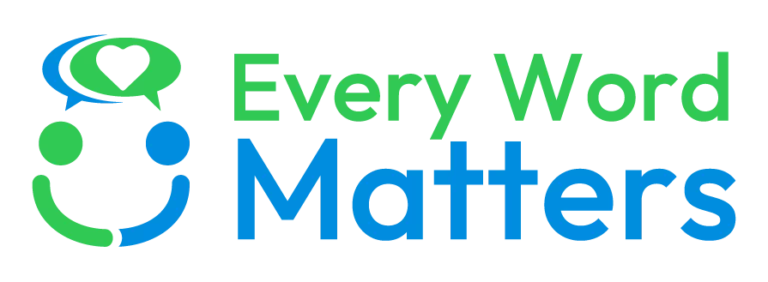In South Carolina, thousands of children face barriers to accessing critical speech and language services. According to the South Carolina Department of Education’s 2021 IDEA Preschool Report, 10,372 children ages 3 to 5 were receiving special education services in 2019, with approximately 43% identified as having speech or language impairments. Yet, the need extends far beyond those formally diagnosed.
Nationally, 8.5% of children ages 3 to 17 require speech or language intervention, but only 29% of them actually receive services—leaving over 6 million children underserved. In South Carolina alone, an estimated 300,000 children need speech-language support but lack access, whether due to financial constraints, lack of testing, or limited availability.
Among school-aged children with disabilities in the state, speech-language issues remain a significant concern—over half (51.9%) of six-year-olds with disabilities are classified as primarily needing Speech Language Intervention.
of preschoolers in special education in SC have speech or language impairments
of children who need speech services actually receive them
children in South Carolina need speech therapy but lack access
of 6-year-olds with disabilities in SC need Speech Language Intervention
What Issue's are Speech Services Facing?
South Carolina is grappling with a significant shortage of speech-language pathologists (SLPs), a challenge that mirrors national trends. This shortage is driven by several interrelated factors. High caseloads are a primary concern; SLPs often manage large numbers of students, which can compromise the quality of care and contribute to professional burnout. Resource limitations, especially in underfunded schools and healthcare facilities, exacerbate the issue by restricting access to necessary materials and tools for effective therapy. Additionally, factors such as role ambiguity, low salaries, and extensive administrative responsibilities further strain SLPs.
These challenges not only hinder the recruitment of new professionals but also impact the retention of existing ones, leading to a cycle that perpetuates the shortage. Addressing these systemic issues is crucial to ensuring that children in South Carolina receive the speech and language services they need
Who Does Speech Language Pathology Help?
Speech-language pathology impacts a wide range of individuals and communities, starting with children and their families. Many children face speech and language disorders that can affect learning, social development, and confidence. Early intervention is critical, and increased awareness helps ensure timely support.
Parents also play a vital role, benefiting from greater access to resources and education about their child’s speech and language development.
In schools, educators, administrators, and support staff need training and resources to recognize and assist students with communication challenges. Advocacy efforts are essential in securing funding for more speech-language pathologists in educational settings.
At the policy level, legislators and decision-makers have a key role in shaping laws and programs that fund therapy services, require insurance coverage, and expand access to care. Together, these groups form the support network that enables children with speech and language needs to thrive.
Why Speech is So Important
Speech-language pathology is vital for children because it strengthens communication skills that support safety, academic success, and emotional well-being. It also helps improve reading, writing, social development, and self-confidence—laying the foundation for strong relationships and future opportunities.
